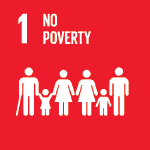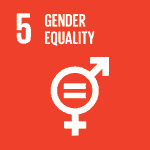




A large part of the population in Uganda is still cooking on open fires with charcoal. This has a very negative health impact. Moreover, inefficient cooking exacerbates poverty in Uganda, with households spending up to 15% of their income on fuel. Women suffer most from limited access to clean cooking solutions, spending an average of five hours a day collecting fuel and cooking. Time that could be spent on education and work. Furthermore, this traditional way of cooking has a negative climate impact. The locally produced, improved cookstoves of this project use up to 55% less charcoal, cook food faster and can save households up to $150-$200 per year, which is a lot in Uganda!
In Uganda, local teams work directly with communities to provide access to improved cookstoves. For example, local manufacturers of these cookstoves are supported to produce better and more cost-effective models and to scale up their operations. These efforts help reduce the cost of the cookstoves for households, making them affordable and accessible.


Access to clean cooking equipment is often unaffordable or simply unavailable in developing countries such as Uganda. That’s why ORCA invests in carbon credits from this climate project that makes efficient cookstoves accessible to local communities. The CO2 savings generated by these cookstoves are carefully monitored throughout the entire project. This is done using a recent Gold Standard methodology approved by the Integrity Council for the Voluntary Carbon Market (ICVCM), ensuring your contribution supports a trustworthy and high-quality climate initiative.

